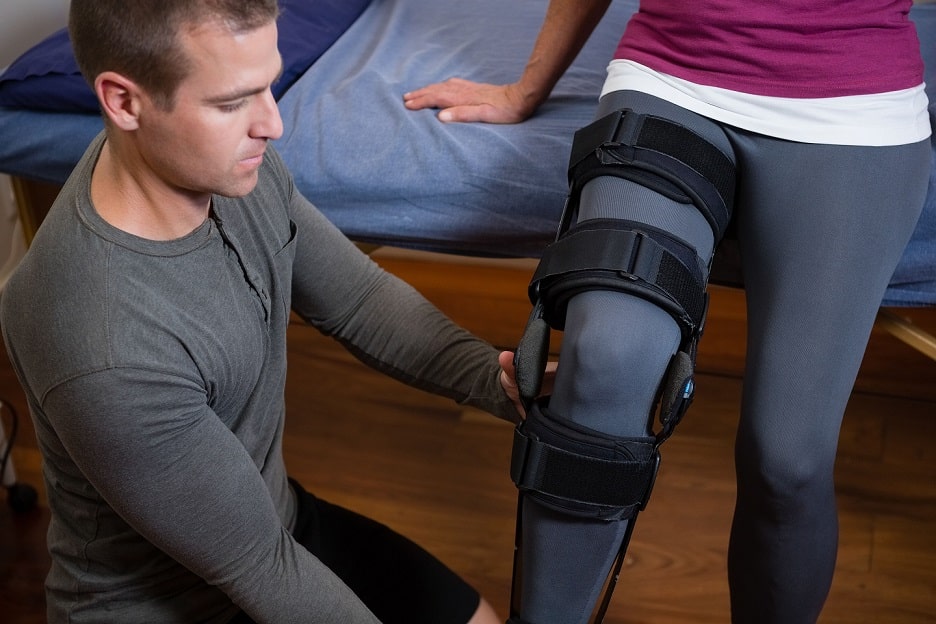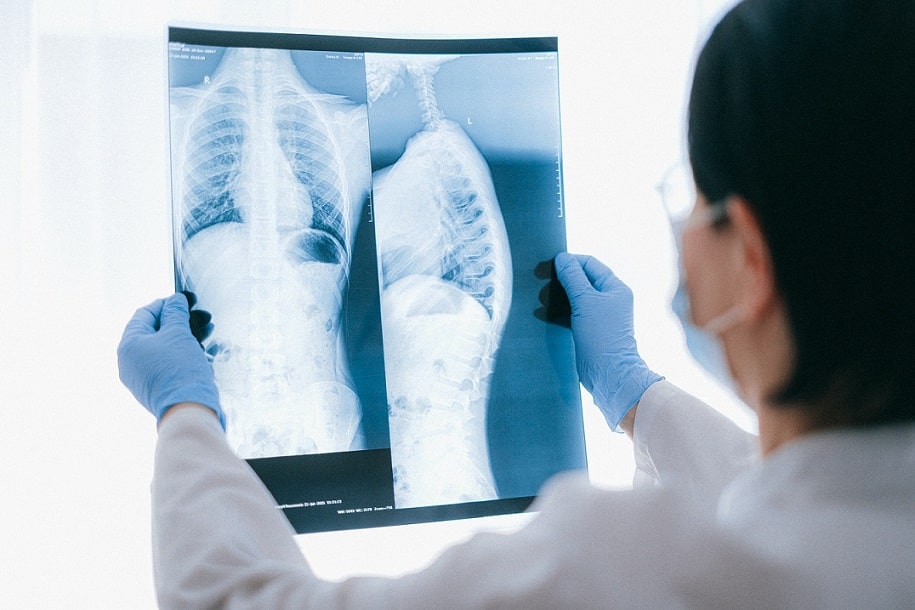Compensation is based upon the severity of your injuries and how long the injuries will affect your everyday life. As such, there is not really such a thing as a “standard” payout for any particular injury as everyone can be affected differently.
In law the defendant has to take the claimant as they find them – for example if your injury is an exacerbation of an existing injury this doesn’t mean you don’t have the right to claim as, of-course, if it wasn’t for the injury, your condition would not have been aggravated!
So how is a payout assessed? Well, put simply a payout is always assessed on the particular facts of each individual case. There is no such thing as one payout for this injury and another for something else – each case will have its own individual payout.
So what do we look for?
Medical evidence is the major thing that guides what type of payout you should look to receive.
In a medical report it will give a “prognosis period” – this is the time that the medical expert considers it will take for you to make a full recovery.
Roughly, if your injury has lasted a minimum of 4 weeks it should be worth at least £1,000 (please note this is also the threshold where solicitors like us – The Injury Lawyers – are able to work on a No Win, No Fee agreement) however, of course, if you’re suffering for 10 weeks you’ll likely be entitled to more.
Let’s talk about damages…
Payouts are made-up of two different types of damages.
1) General Damages: which is the compensation for your initial pain and suffering.
2) Special Damages: which include things such as loss of earnings, medical expenses, travel expenses and care and assistance.
Therefore, your payout will also vary depending on these variables in your particular case.
An example:
Craig and John both have car accidents where someone has gone into the back of them. As a consequence both have sustained
whiplash injuries to the neck, shoulders and back.
Craig takes 3-weeks off work and is unable to drive meaning he pays out for taxis and such to make hospital appointments. He also now finds it difficult to dress and wash himself and therefore his partner Joyce has helped him out every morning for around an hour doing this. Three months on from the accident, Craig still suffers from the injury and is on constant medication for the pain. He also has flashbacks to the accident and finds it a difficult experience to get back in a car.
John on the other hand takes a couple of days off work and continues to drive. He receives no care and assistance and makes a full recovery within 6-weeks of the accident.
Clearly, these are exaggerated examples but of course Craig’s payout will be higher than John’s even though they had similar accidents. Craig has extra losses from the accident and also has sustained a worse injury. As you can see from the circumstances it’s also possible to include any psychological damage sustained from an injury.
As you can see, payouts are based solely on your particular circumstances. Therefore it will always be difficult to assess your claim prior to collecting medical evidence and evidence of any losses.
If you have any queries about a potential claim of any kind, call our claims team free from a landline or mobile on 0800 634 7575. We will talk you through your claim and, if accepted, make sure that you receive the most compensation possible to give you peace of mind and help ease any financial worries you might have suffered as a result of your injury.












